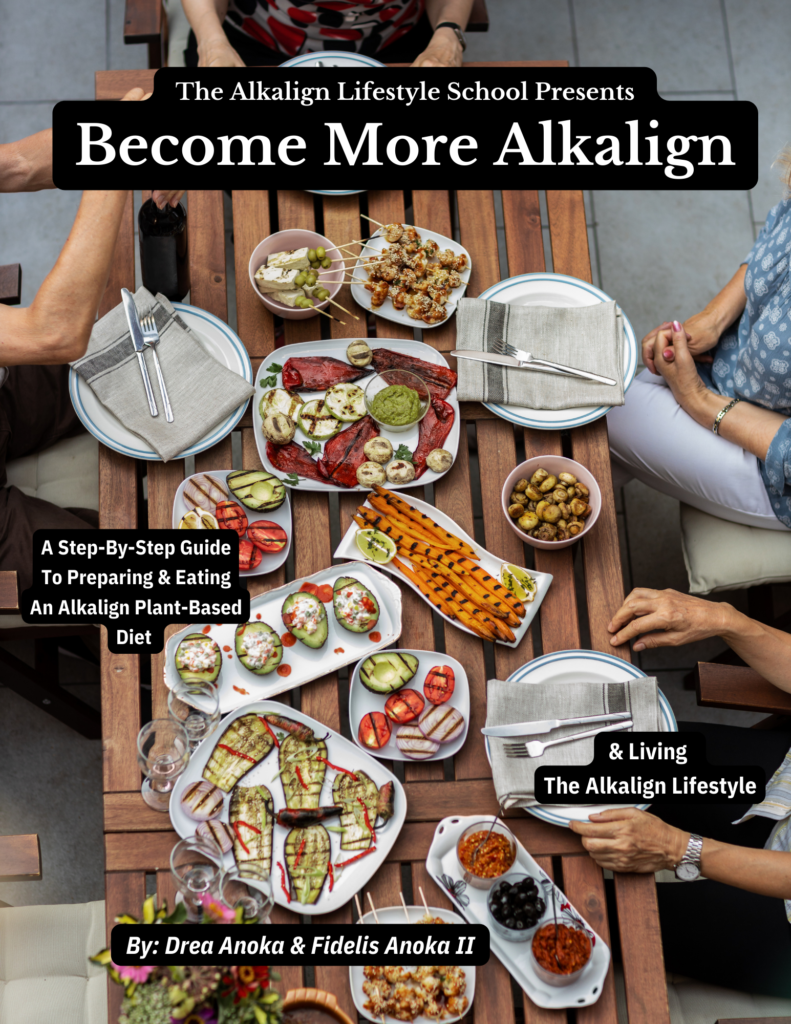
Learning How To Eat Intuitively
If there is anything 2023 has taught us, it’s definitely that we need to re-evaluate how we show up for ourselves and that we need to put the health of our minds and bodies first.
Diet plays a huge role in our health. We’ve seen the science that prove what we eat matters. Plant-based and vegan diets are increasingly popular. People are picking up on the importance of eating organic, fresh, local, whole foods, and less processed ones.
This is a beautiful start. There is so much to learn on the topic of nourishment, including the intuitive part of listening to our bodies’ communication of what, when, and how we should eat. This is where intuitive eating comes in.
Intuitive eating is the art and science of knowing the proper nourishment out bodies need, throughout our life cycles, for our genders and genes, and based on our lifestyles. Intuitive eating is understanding your body’s different cue’s – when you’re hungry vs. full, when you need more or less fat, protein, or carbs, when you’re actually thirsty instead of hungry, what nutrients you need, when/if you need to fast, etc.
It’s understanding what our bodies need for nourishment during the four seasons, no matter where you live, what you should really be eating before and after a workout, during your menstrual cycle or times of pregnancy (if you’re a woman), what you need to eat for fertility healthy, and even what you should eat during menopause. Children (and animals) are excellent listeners and we adults so often think we know better than they. But, listening to the wisdom of a child, especially around food, is something we should start doing more often.
Intuitive eating is our body’s innate wisdom to give us guidance. It’s within all of us and a super powerful gift that we can use once we learn how to tap into it.
Here are 5 simple ways that you can start nurturing that innate wisdom.
- Journal – Keep a food journal to stay on track with how you feel or how your body responds when you eat certain foods, your emotions around mealtime and throughout the day, when, how much, how often, and what you’re eating. Be sure to include your current state of health and symptoms, menstrual cycle, etc., and any food cravings. This will help you better understand your relationship with food biologically, physiologically, and psychologically and how food impacts your health.
- Be mindful – mindfulness is the art of listening and being presently aware. Our healthy relies on our ability to eat (and drink) with intention. Ask your body what it needs. Are you craving salt? Chances are you’re thirsty or lacking electrolytes. Have a glass of water before you reach for a snack. If you still feel hunger afterwards, munch on a few slices of cucumber for electrolytes. If you’re still hungry, it’s time to eat. Be in tune with your mood. Food affects our mood, and our mood affects our food choices. take notice of your state of mood and what foods potentially trigger a change in mood and whether it’s a positive or negative impact.
- Slow it down – Skip the fast-paced meals, and slow it down at dinner time. Our lifestyles have caused us to rely on instant gratification and fast-food meals that are so often loaded with processed ingredients and not enough fresh ones. Balance is key. Swap out your overly processed snacks and meals with fresh, organic, whole foods and notice how much more energized, vibrant, and charged up you feel!
- Get quality sleep – When we lack sufficient, quality rest, we make choices that don’t serve us. We tend to reach for junk food for energy, eat late at night, and can’t seem to hear or listen to our intuition as easily. Give yourself enough quality rest each night and rest assured (no pun intended!) that you will hear that intuition much more clearly AND be more likely to listen to it!
- Be present – The Japanese know a thing or two about health considering they host one of the few Blue Zones in the world where they have some of the most centenarians who we can learn a lot about longevity from! Pleasure is one of the Japanese goals of healthy living. Both pleasure and satisfaction can be found in the eating experience. Restricting or overindulging create unhealthy experiences and behaviors around foods. Maintain balance and focus on being present while you’re eating. Negative the electronics and distractions at meal time (no multi-tasking!) and create an enjoyable, relaxing experience that allows you to be both present and full of gratitude as you nourish your body.
